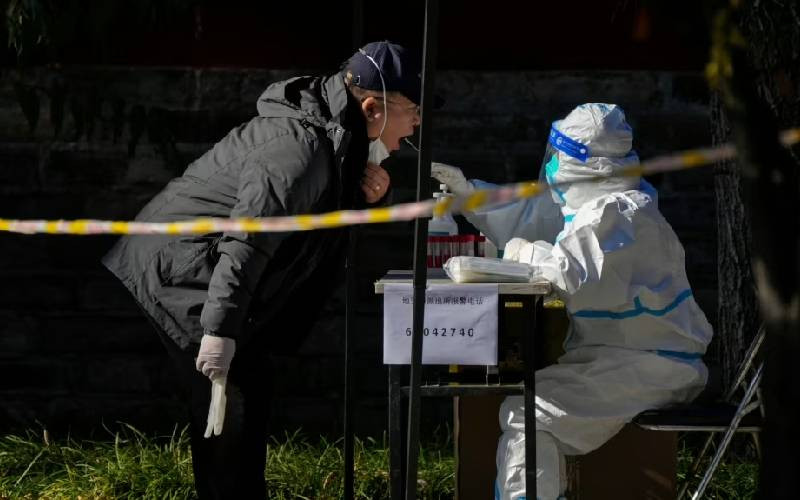
When China suddenly scrapped onerous zero-Covid measures in December, the country wasn't ready for a massive onslaught of cases, with hospitals turning away ambulances and crematoriums burning bodies around the clock.
Chinese state media claimed the decision to open up was based on "scientific analysis and shrewd calculation," and was "by no means impulsive." But in reality, China's ruling Communist Party ignored repeated efforts by top medical experts to kickstart exit plans until it was too late, The Associated Press found.